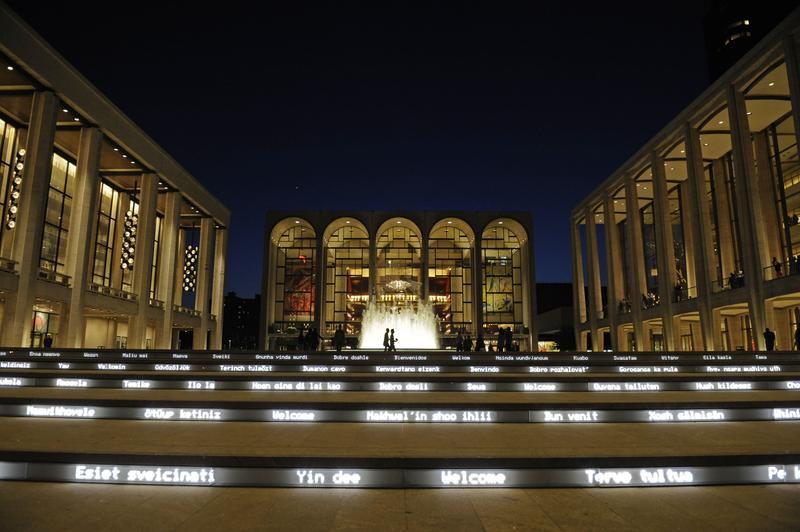
For a long time, people (and Census officials) thought around 200 languages were spoken in New York. Not so, according to Daniel Kaufman of the Endangered Language Alliance.
"What we found is there are more than 600 languages here," he said.
Actually, he said, it's about 633. But even this number appears to be steadily growing. At the same time, many are not expected to survive the end of the century, unless we can create the social conditions for those languages to thrive and be passed on.
This is what Husniya Khujamyorova has been trying to do with her native language, Wakhi.
Wakhi is spoken by over 50,000 people in Afghanistan, Pakistan and China, among other countries. Khujamyorova now lives in Bay Ridge, Brooklyn, but grew up speaking the language in her native Tajikistan.
There are an estimated 12 speakers of Wakhi in New York City. Not a lot, but it was here, after coming into contact with the ELA, that Husniya learned to appreciate her mother tongue and felt the freedom to fully embrace it. She learned the fairy tales of her culture in Wakhi, as well as the death ceremony of her people.
"And it really took me in depth to know my own identity," she said. "To know my own culture. And to learn better, my mother tongue."
Kaufman said we collectively benefit from preserving languages, even those that are not our own.
"These identities really are the richness of humanity," he said.
For all the justifiable concern about language loss — thousands may go dormant globally — there have been success stories, like Irish, Maori and Hawaiian. These are languages that overcame considerable stigma. When people are ashamed of their language and their identity, said Kaufman, they're more likely to suffer physically, or turn to drugs.
For Khujamyorova, the question is what we can do here in New York to combat language loss. This is, after all, one of the world's great human laboratories, a repository of nationalities, beliefs and languages. She said it would be an even greater place if there were more ways for speakers of endangered languages, whether Wakhi, or say, Mohawk, to perform for other New Yorkers. And not just share their language and traditions, but feel the pride that comes with being up on the world's stage.
Join WNYC's Arun Venugopal in The Greene Space for "How to Revive a Fading Language," part of his Micropolis series. He'll be joined by Kaufman, Khujamyorova and other speakers of New York's endangered languages. Monday, Sept. 30 at 7 pm. [Tickets]
